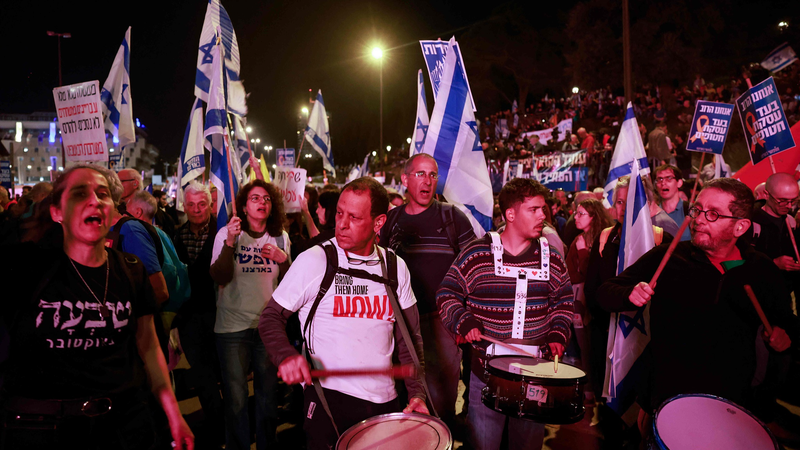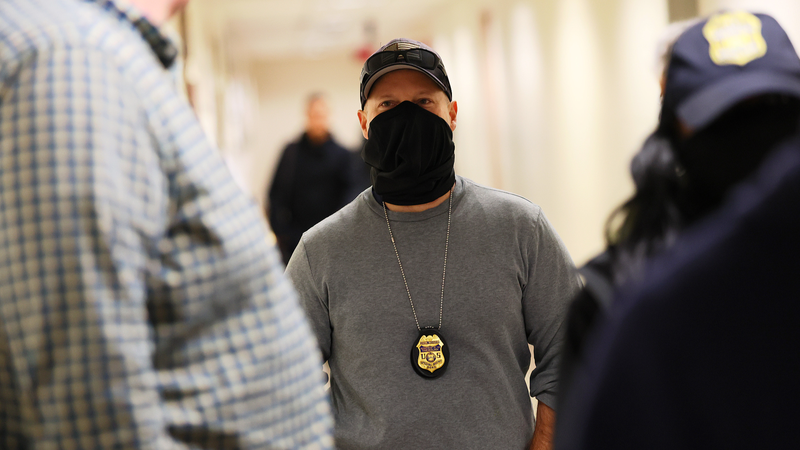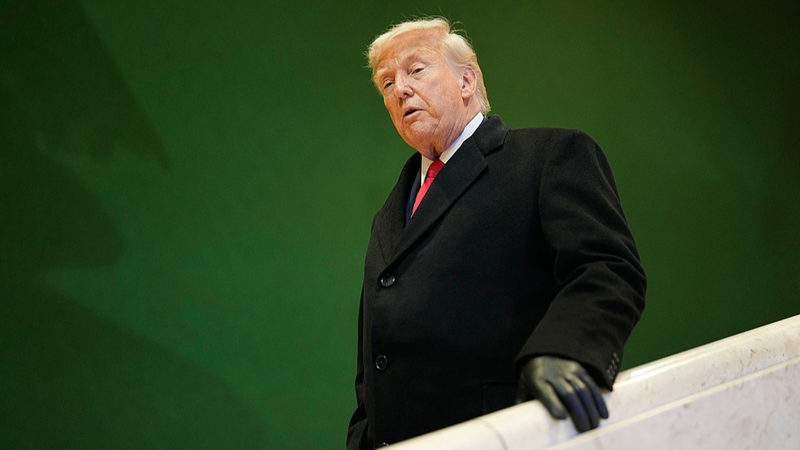Israel is at a crossroads as renewed airstrikes in Gaza coincide with massive protests across the country. Late Saturday, hundreds of thousands of people from Tel Aviv to Jerusalem took to the streets, voicing their anger and concern over controversial moves by Prime Minister Benjamin Netanyahu. 😱
The spark? The dismissal of Ronen Bar, head of Shin Bet. Netanyahu defended his decision as a necessary measure to "restore trust" in the state’s security setup. However, critics contend that this move is aimed at quelling investigations into alleged corrupt financial ties involving top aides and the Qatari government, undermining a key check on executive power.
In response, Bar issued a defiant letter, accusing the government of lacking solid evidence for his exit and warning that sidelining his leadership could cripple Shin Bet at a time when its role is more vital than ever.
The controversy deepened when the Supreme Court intervened to pause the dismissal, opting to review petitions brought forward by opposition figures. Despite this, Netanyahu remains steadfast, arguing that the decision rests solely with his administration. This ongoing power struggle reflects a long-standing ideological battle between those pushing for stronger executive control and advocates for robust democratic checks and balances.
Further intensifying the tension, a recent cabinet vote on a no-confidence motion against Attorney General Gali Baharav-Miara has added another layer to the political divide. Opposition leaders warn that if the current course continues, the country could face widespread civil disobedience and even a general strike.
Amid these internal challenges, the collapse of a two-month ceasefire in Gaza and the resumption of Israeli airstrikes have escalated anxieties nationwide. Families of hostages and anti-war activists have joined the protests, demanding an immediate ceasefire and fair hostage exchange, highlighting the deep intertwining of national security concerns and domestic governance issues.
With 63% of Israelis now expressing fear for the future of their democracy, the coming weeks could be crucial in determining the country’s political landscape and its path forward.
Reference(s):
cgtn.com




